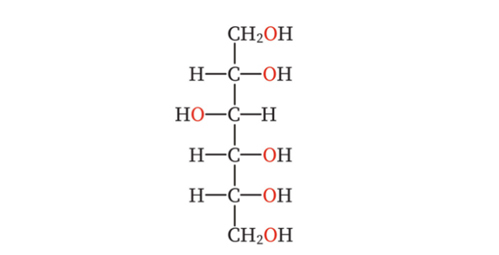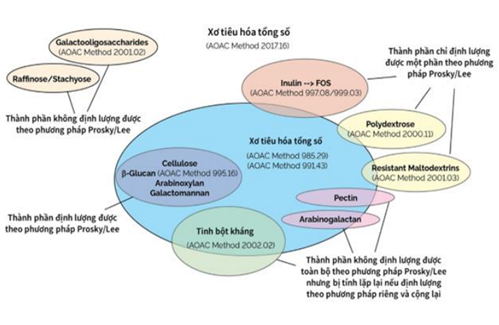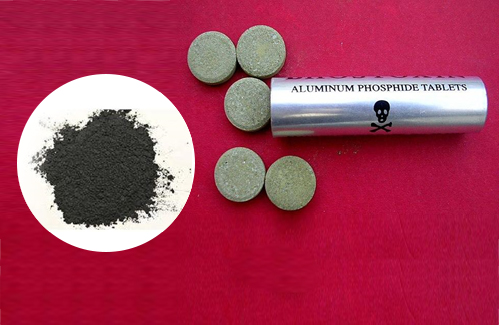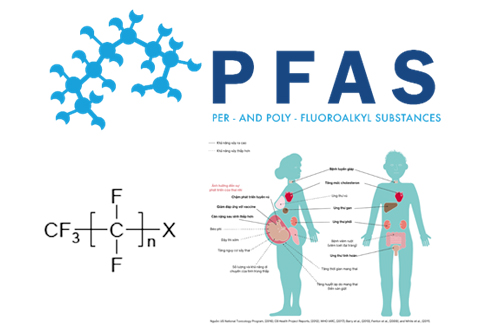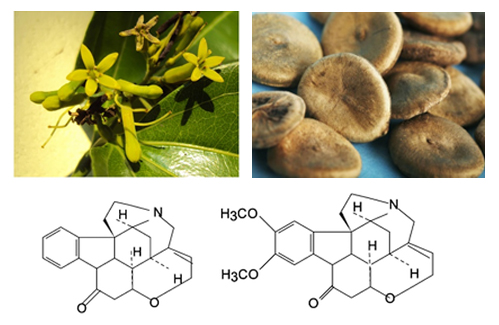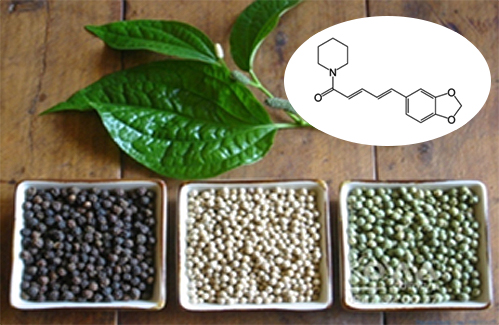- Folder Technical News
- Views 1749
- Last Updated 30/06/2022
What is Vitamin K?
Vitamin K is a fat-soluble vitamin that has three forms: two natural forms phylloquinone (K1), menaquinone (K2) and synthetic form menadione (K3).
Phylloquinones, known as Vitamin K1, is primarily from plants, especially leafy green vegetables. Small amounts are provided by animal-sourced foods
Menaquinones, known as Vitamin K2, is primarily from animal-sourced foods, with poultry and eggs much better sources than beef, pork or fish. One exception to the latter is natto, which is made from bacteria-fermented soybeans. It is a rich food source of vitamin K2 variant MK-7, made by the bacteria
Menadione, known as vitamin K3, is a synthetic form and can only be found in animal food supplements; It has no vitamin K activity but it can be alkylated enzymatically to MK-4 in animal tissues.
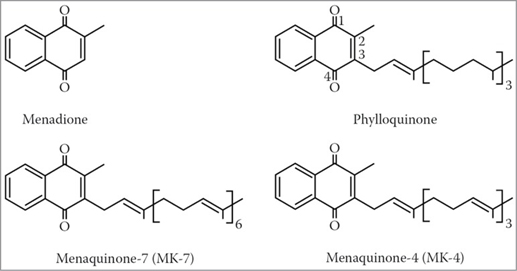
Figure 2. Structural formular of K vitamers.
What are the functions of vitamin K?
Vitamin K has the following preventive and therapeutic effects [1], [2], [4]:
- Prevention of blood clotting problems in infants with vitamin K deficiency;
- Treatment of bleeding caused by drugs such as salicylate, sulfonamide, quinine, quinidine, or antibiotics;
- Treatment and prevention of vitamin K deficiency;
- Prevention and treatment of bone weakness and symptomatic relief of pruritus in biliary cirrhosis;
- Take vitamin K2 (menaquinone) by mouth to treat osteoporosis, bone loss caused by steroid use, and lower blood cholesterol in people on dialysis. Activate the protein osteocalcin, which helps attach calcium ions to the skeleton, preventing osteoporosis;
- Apply to skin to remove spider veins, bruises, scars, stretch marks and burns;
- Apply to the skin to treat rosacea, causing red acne on the skin and face;
- During surgery, vitamin K is often used to speed healing and reduce swelling and bruising;
- Enhances the function of vascular endothelial cells to fight atherosclerosis, prevent vascular occlusion, avoid myocardial infarction, angina pectoris.
How much vitamin K do I need per day?
How much vitamin K you need per day changes according to your age, sex and life-stage
Follow the Requirements for Vitamins of Vietnam Recommended Dietary Allowances 2007 [3].
|
Age group, gender |
vitamin K (μg /day) |
|
Children |
|
|
< 6 months |
6 |
|
6–11 months |
9 |
|
1–3 years |
13 |
|
4–6 years |
19 |
|
7–9 years |
24 |
|
Male adolescence |
|
|
10–12 years |
34 |
|
13–15 years |
50 |
|
16–18 years |
58 |
|
Male adults |
|
|
19–50 years |
59 |
|
51–60 years |
|
|
>60 years |
|
|
Female adolescence |
|
|
10–12 years |
35 |
|
13–15 years |
49 |
|
16–18 years |
50 |
|
Female adults |
|
|
19–50 years |
51 |
|
51–60 years |
|
|
>60 years |
|
|
Pregnant women |
51 |
|
Breastfeeding women |
51 |
Does vitamin K interact with other nutrients?
Vitamin K interacts with vitamin D to help keep good levels of calcium in our bones, which is why we need a good balance of all these micronutrients to keep optimal bone growth and health.
In turn, excessive intakes of vitamin E can lower levels of vitamin K, by causing our bodies to break down and remove more of this vitamin. This is particularly harmful to people who already have low levels of vitamin K (for example, due to specific health conditions or the use of anticoagulants), as it can impair normal blood clotting and increase the risk of bleeding.
Vitamin K is often better absorbed when combined with foods that contain fats. For example, pairing cooked vegetables with healthy fats, can help our bodies absorb up to three times more vitamin K.
What happens if you have too little vitamin K?
Vitamin K deficiency is not common in healthy adults with a balanced diet, but it can happen in people with specific health conditions that impair the absorption of foods and nutrients or that use specific medications that block the metabolism of vitamin K in our bodies, such as anticoagulants.
Vitamin K deficiency affects blood clotting and can cause easy bruising and bleeding.
What happens if you have too much vitamin K?
Vitamin K from foods is not considered harmful since it’s unlikely that we get too much of it through our diets alone.
Excessive intakes of vitamin K are mainly concerning to those who are taking anticoagulants or other medicines that affect the production of clotting proteins. High doses of vitamin K (from the diet or supplements) can block the anticoagulant effects from the medication and risk the thickening of the blood, which can have serious health consequences.
Before taking vitamin K supplements, check with your doctor or consult a registered dietitian/nutritionist to discuss if there’s any value or risks in adding a supplement to your diet.
Analysis of vitamin K
Currently, at NIFC's Laboratory of Nutrients and Food Additives, vitamin K can be analyzed with the lowest value of 0.2 µg/kg on the UPLC-MS/MS Xevo TQ-XS system from Waters.
References
- European Food Safety Authority. 2017. Scientific Opinion on the dietary reference values for vitamin K. EFSA Journal 2017;15(5):4780
- Health benefits and sources of vitamin K, https://www.medicalnewstoday.com/articles/219867#benefits
- Nguyen Cong Khan and Pham Van Hoan, Vietnam Recommended Dietary Allowances 2007, Asia Pac J Clin Nutr 2008;17 (S2):409-415.
- Vitamin K: foods, functions, how much do you need & more, https://www.eufic.org/en/vitamins-and-minerals/article/vitamin-k-foods-functions-how-much-do-you-need-more
- World Health Organization (WHO). 2004. Vitamin and mineral requirements in human nutrition. 2nd edition. Geneva, Switzerland: WHO.





